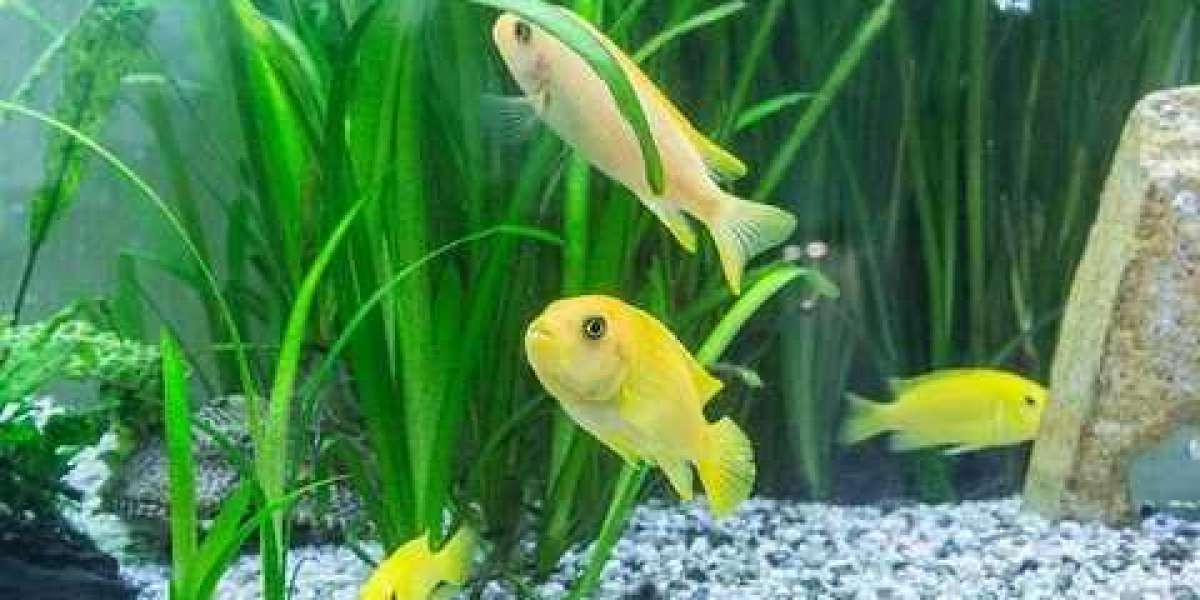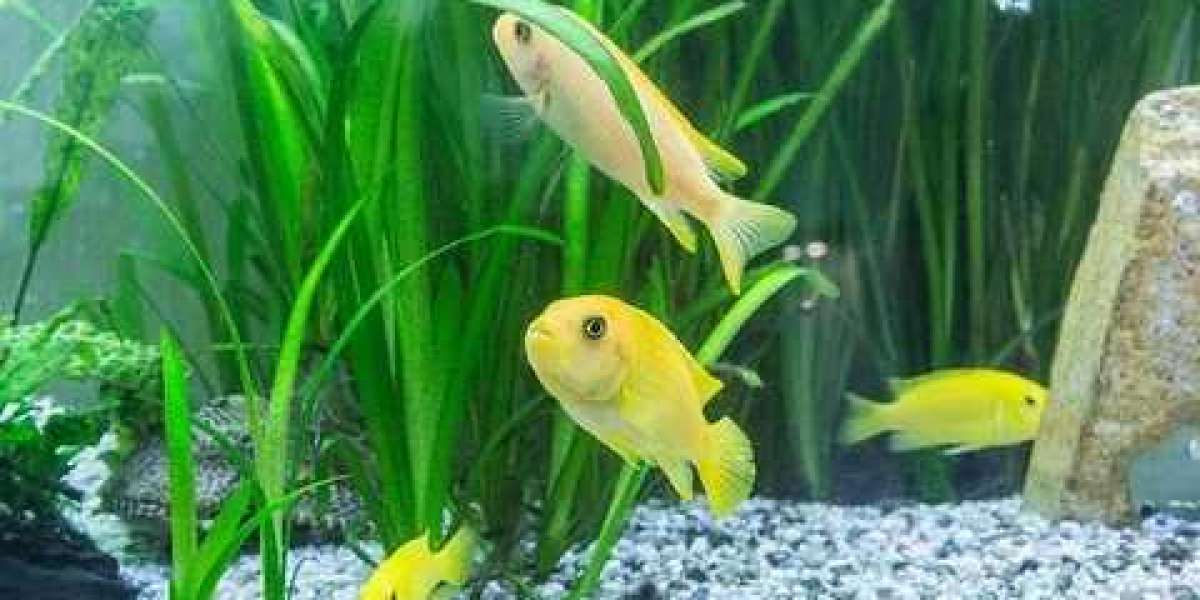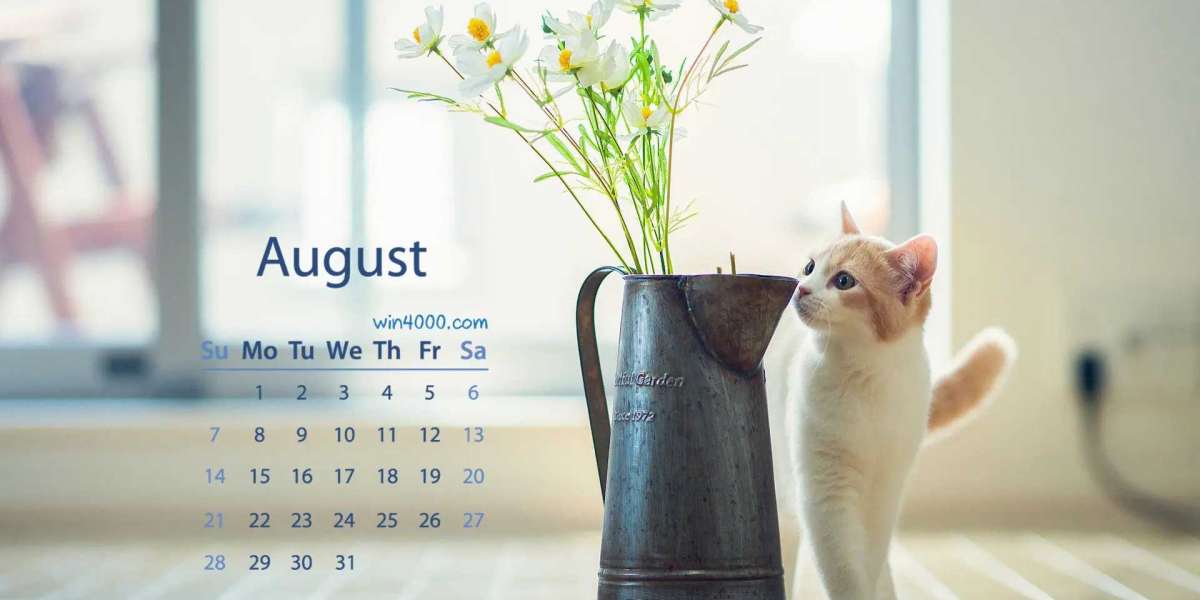Common uses for glass liquor bottles include food condiments, soda, liquor, cosmetics, pickling and preservatives; they are occasionally also notably used for the informal distribution of notes. These types of bottles are utilitarian and serve a purpose in commercial industries.
Wine bottle, typically made of glass, is produced in a variety of shapes and volumes. These bottles are not just containers but they construe so many details about the wine that only wine experts might explain. All wine bottles have a specific structure according to the wine they carry.
Glass beer bottles optimally preserve the beer's carbon dioxide content for a long time, ensuring the taste and quality of the beer remain the same. Vetropack beer bottles are available as standard glass bottles or customized models that give your beer a unique appearance. See our glass beer bottles.
Swing top beer bottle is a reusable bottling solution for craft beer brewers and kombucha makers alike. Save time on your bottling day with fool-proof swing top caps. These bottles are also incredibly durable and aesthetically appealing when sharing your homebrewed creations with friends and family!
These glass juice bottles come in a pack of six that are 9-inches tall, 2-5-inches wide, and can hold 18 ounces of liquid. These are durable juice containers that feature lead-free glass construction. The stainless-steel caps are lined with O-rings that make the bottles air and watertight.
The glass of milk glass bottle is made using a combination of sand, soda ash, and limestone. These materials are not renewable, but they are plentiful. Glass bottles don’t transfer a foreign scent and taste into the milk, the way paper or plastic containers do. Drinking milk from glass bottles is the only way to get that delicious true milk taste.
The vinegar bottles have a continuous thread neck finish with a super flint, clear, wide body. They are known for its customary old-style vinegar bottle shape. The vinegar bottle can be used to store vinegars, hot sauces, flavored cooking oils, salad dressings and so much more.
Glass food jars are used for packaging both cold and hot processed foods. Small glass food jars work well for jams, jellies, relishes, and mustards because they help preserve beneficial vitamins and flavor when properly sealed. Larger food jars are useful for packaging food in bulk sizes, including pickles and olives.
Glass mason jars are essentially clear glass jars with a screw-on lid. John Landis Mason designed and patented the product in 1858. In the days before refrigeration, cooks used these iconic items to preserve just about everything from fruit to vegetables.
Glass canning jars are available in a range of sizes and styles designed specifically for home canning. Different types of canning jars are available, with their appropriate use determined by the method being used and foods being preserved.














